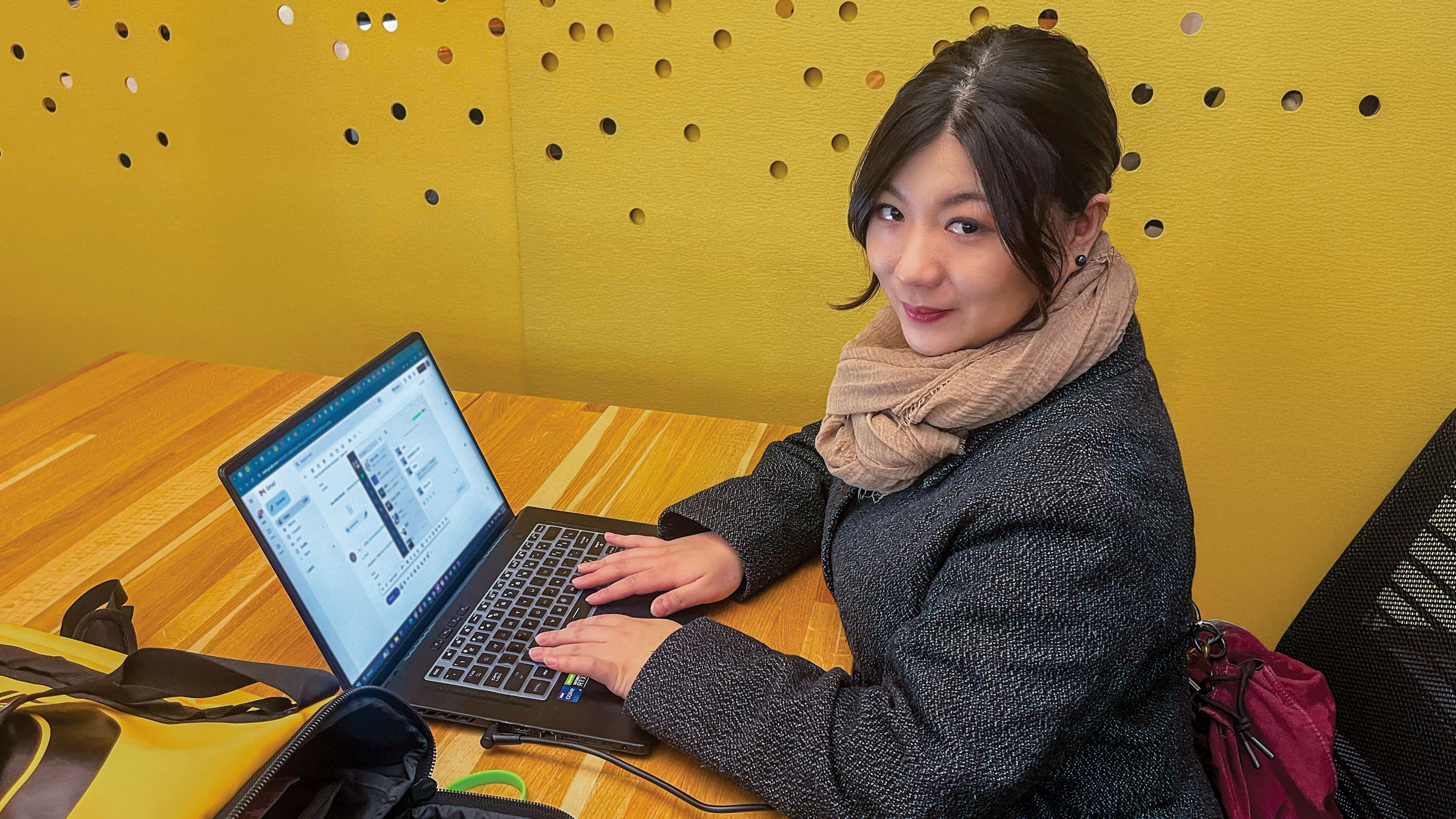3 Things Caiwei Chen is into right now
MIT Technology Review’s China reporter shares what she’s thinking about lately.

A new play about OpenAI
I recently saw Doomers, a new play by Matthew Gasda about the aborted 2023 coup at OpenAI, here represented by a fictional company called MindMesh. The action is set almost entirely in a meeting room; the first act follows executives immediately after the firing of company CEO Seth (a stand-in for Sam Altman), and the second re-creates the board negotiations that determined his fate. It’s a solid attempt to capture the zeitgeist of Silicon Valley’s AI frenzy and the world’s moral panic over artificial intelligence, but the rapid-fire, high-stakes exchanges mean it sometimes seems to get lost in its own verbosity.
Themed dinner parties and culinary experiments
The vastness of Chinese cuisine defies easy categorization, and even in a city with no shortage of options, I often find myself cooking—not just to recapture something closer to home, but to create a home unlike one that ever existed. Recently, I’ve been experimenting with a Chinese take on the charcuterie board—pairing toasted steamed buns, called mantou, with furu, a fermented tofu spread that is sharp, pungent, and full of umami.
Sewing and copying my own clothes
I started sewing three years ago, but only in the past year have I begun making clothes from scratch. As a lover of vintage fashion—especially ’80s silhouettes—I started out with old patterns I found on Etsy. But recently, I tried something new: copying a beloved dress I bought in a thrift store in Beijing years ago. Doing this is quite literally a process of reverse-engineering—pinning the garment down, tracing its seams, deconstructing its logic, and rebuilding it. At times my brain feels like an old Mac hitting its GPU limit. But when it works, it feels like a small act of magic. It’s an exercise in certainty, the very thing that drew me to fashion in the first place—a chance to inhabit something that feels like an extension of myself.
Keep Reading
Most Popular
Ethically sourced “spare” human bodies could revolutionize medicine
Human “bodyoids” could reduce animal testing, improve drug development, and alleviate organ shortages.
Everyone in AI is talking about Manus. We put it to the test.
The new general AI agent from China had some system crashes and server overload—but it’s highly intuitive and shows real promise for the future of AI helpers.
Anthropic can now track the bizarre inner workings of a large language model
What the firm found challenges some basic assumptions about how this technology really works.
An ancient man’s remains were hacked apart and kept in a garage
Why archaeologists are increasingly leaving historic sites untouched until we have less destructive technologies for studying them.
Stay connected
Get the latest updates from
MIT Technology Review
Discover special offers, top stories, upcoming events, and more.